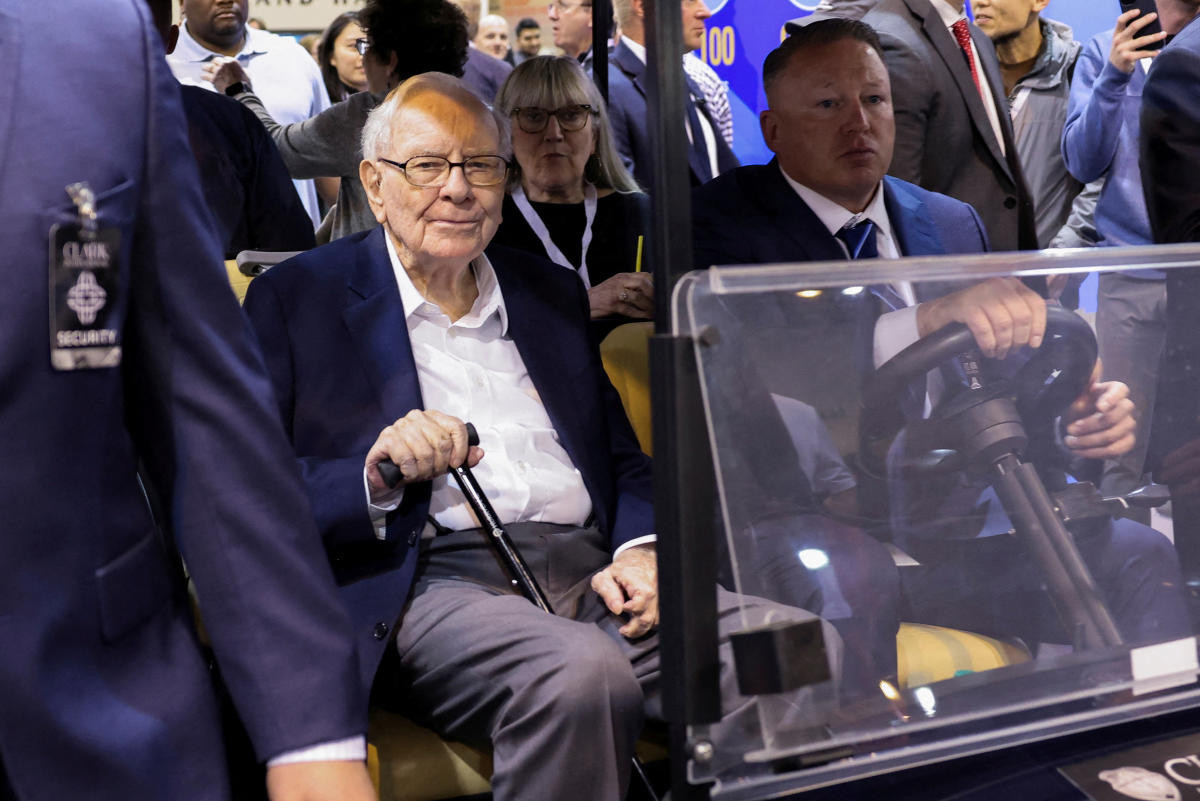Warren Buffett wanted to use his vast fortune for good, but concluded he would not make a great philanthropist. So back in 2006, the Oracle of Omaha decided he would hand over the task of giving away his billions to Microsoft founder Bill Gates—his longtime friend and one of the few people in the world richer (at the time) than him.
Gates and his ex-wife, Melinda French Gates, had transformed global philanthropy by creating what is now the Gates Foundation, an organization credited with saving millions of lives and working with governments and international agencies to shape global health policy. Last year, it gave away almost $8.3 billion, more than any other nonprofit.
Its recent staggering achievements wouldn’t have been possible without the approximately $43 billion Buffett has contributed, including a $4 billion gift in June. Lately, though, reports say the Berkshire Hathaway chairman has grown apart from Gates and soured on the organization’s management—raising questions about the future of America’s largest private foundation.
A Rift in the Relationship
As a result of the apparent rift, the 94-year-old Buffett has tapered off his donations and recently told The Wall Street Journal the Gates Foundation “has no money coming after my death.” This development comes two years after Gates credited Buffett in a blog post for contributing almost half of the organization’s resources to date.
“It is a big pivot they have to deal with,” said Amir Pasic, dean of Indiana University’s Lilly School of Philanthropy, which is a grantee of the Gates Foundation. He believes, however, that the foundation has time to adjust.
“Warren Buffett has been exceedingly generous to the Gates Foundation through more than 18 years of contributions and advice,” a Gates Foundation spokesperson said in a statement to Fortune. “He has played an invaluable role in championing and shaping the foundation’s work to create a world where every person can live a healthy, productive life.”
Berkshire Hathaway did not respond to requests for comment.
A Game-Changing Infusion
Already one of the world’s richest foundations, Gates' organization received a game-changing infusion in 2006 when Buffett committed to donating Berkshire “Class B” shares throughout his life. The contributions came with three conditions, including that the value of his annual contributions had to be given away within the year, in addition to the 5% of net assets foundations must give away by law. He also required either Gates or French Gates to remain an active participant in the foundation, and his funds had to be counted as charitable dollars instead of gifts, which are taxed differently.
Perhaps just as important as the money, noted Pasic, is that Buffett’s donations brought an enormous boost in credibility. It was a resounding endorsement from someone revered for building a fortune by investing in well-run enterprises.
Pasic added the Gates Foundation quickly became more prominent than even longtime philanthropic endeavors established by the likes of Ford, Carnegie and Rockefeller. The Ford Foundation, currently the largest of those three, manages almost $17 billion in assets, according to its latest financial statements. For the Gates Foundation, that number is $77 billion.
A Foundation Under Scrutiny
That size and influence has invited criticism, as has Gates' leadership style at the Foundation—which some have likened to a king holding court. Nonetheless, Buffett and Gates shared arguably the most important friendship in American business and philanthropy, but a recent report from the New York Times suggested their relationship has deteriorated in recent years.
Buffett said his goals were “100% in sync” with those of the foundation when he left its board in 2021, shortly after French Gates announced she was divorcing her husband.
Since then, however, Buffett has come to view the Gates foundation as bloated with inflated operating costs, sources told the Times. According to the report, Buffett thought the foundation had become complacent and too risk-averse in its giving, and he was also upset by reports of Gates behaving in a rude and condescending fashion. French Gates left the foundation in June, leaving Gates as its sole chairman.
Assessing Buffett's Criticisms
Several experts in nonprofit accounting and governance told Fortune it was difficult to assess the validity of Buffett’s criticisms based on publicly available financial statements and tax forms. Common metrics for assessing bloat regarding administrative expenses and grant-making efficiency, they said, met or beat common benchmarks.
“I don’t think we can understand what [Buffett] knows as an insider,” said Karen Kitching, a professor at Georgetown’s McDonough School of Business.
Gates Foundation staffers are well-paid, receive generous benefits and travel frequently to conferences and events, noted Jesse Lecy, a professor in data science and nonprofit studies at Arizona State University.
“These practices might be interpreted by some as bloat, but it could also be interpreted as investments in a highly competent and professional staff,” he wrote in an email to Fortune.
It's also difficult, he said, for an organization distributing billions to make smaller, riskier grants to promising foundations and initiatives. Nonetheless, Kitching noted, the Gates Foundation’s tax forms reveal many grants of less than $1 million.
A Major Adjustment for the Gates Foundation
Last year, the financial statements of the foundation's trust, which manages the organization's endowment, showed that just over 300 million of the 500 million split-adjusted Berkshire shares Buffett initially pledged had been received. With those shares trading above the $444 mark as of Friday's close, that leaves more than $80 billion on the table, most of which the Gates Foundation will not see.
This will translate into a major adjustment for the foundation, Pasic acknowledged. However, he noted Gates, who has a net worth of $130 billion, could likely make up much of the difference. He and French Gates have contributed $59.5 billion to the Foundation through 2023, according to the organization.
Also, unlike foundations set up to exist in perpetuity, the Gates Foundation will spend out its resources 20 years after the death of its co-founders, CEO Mark Suzman told Fortune in January.
A New Era of Philanthropy
Buffett, meanwhile, holds roughly $130 billion of Berkshire stock. When he dies, his remaining fortune will pass to his three children, whose future foundation will immediately become one of the largest in the world.
This story was originally featured on Fortune.com

















